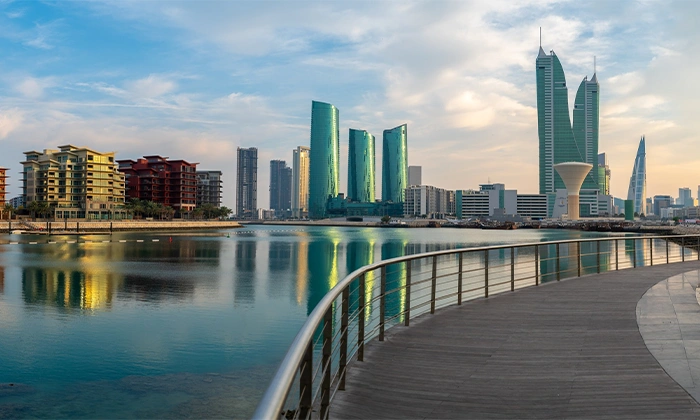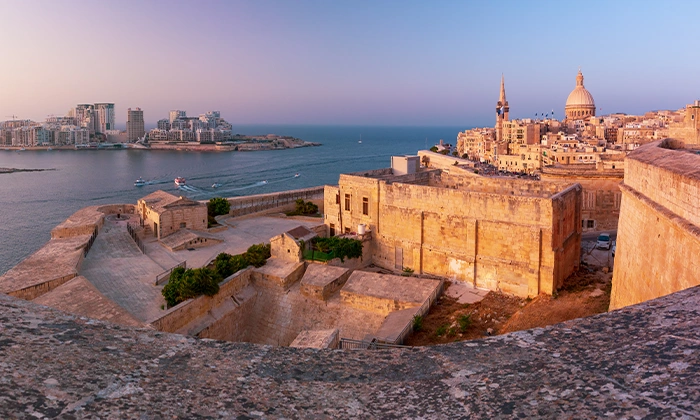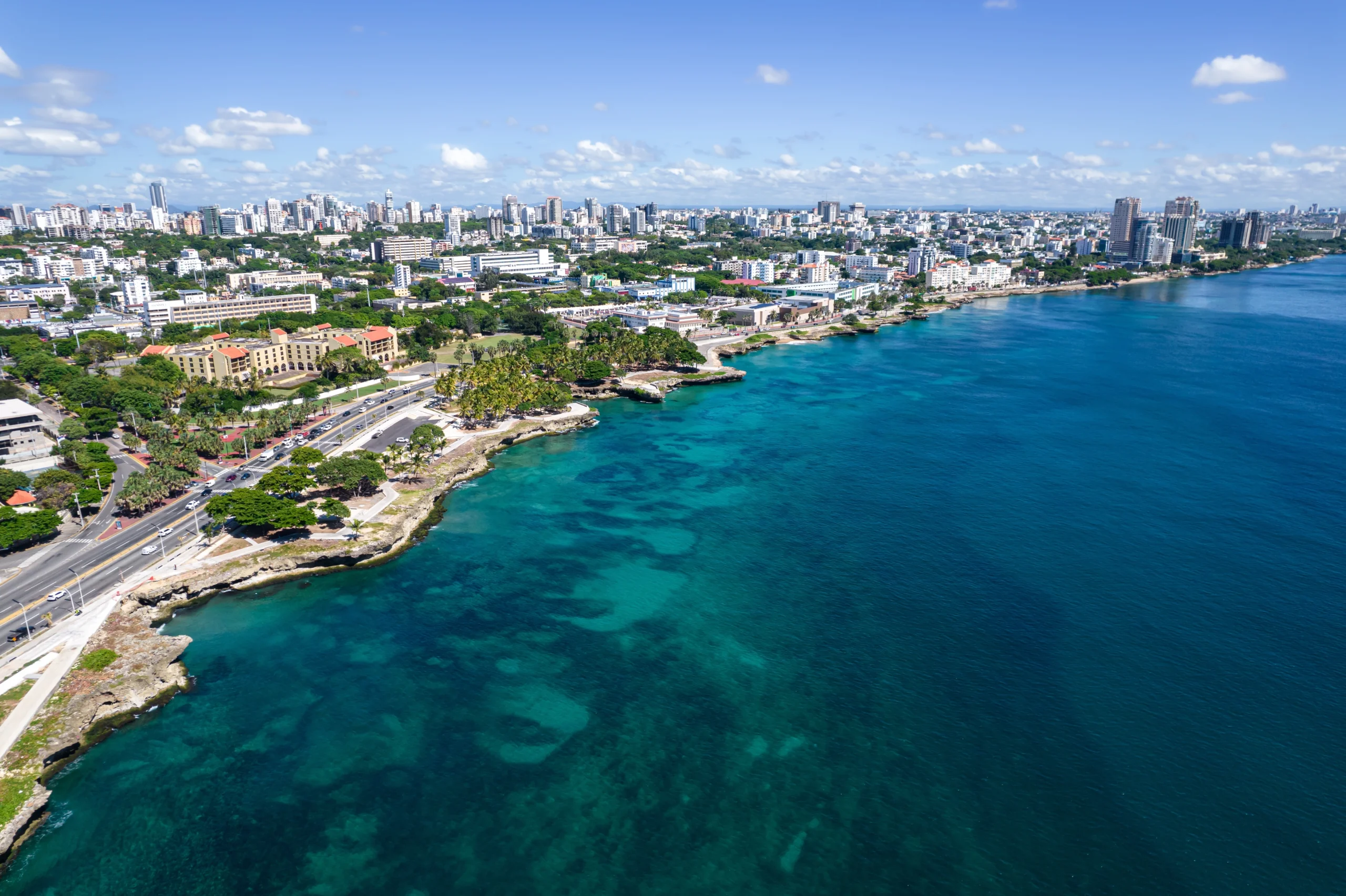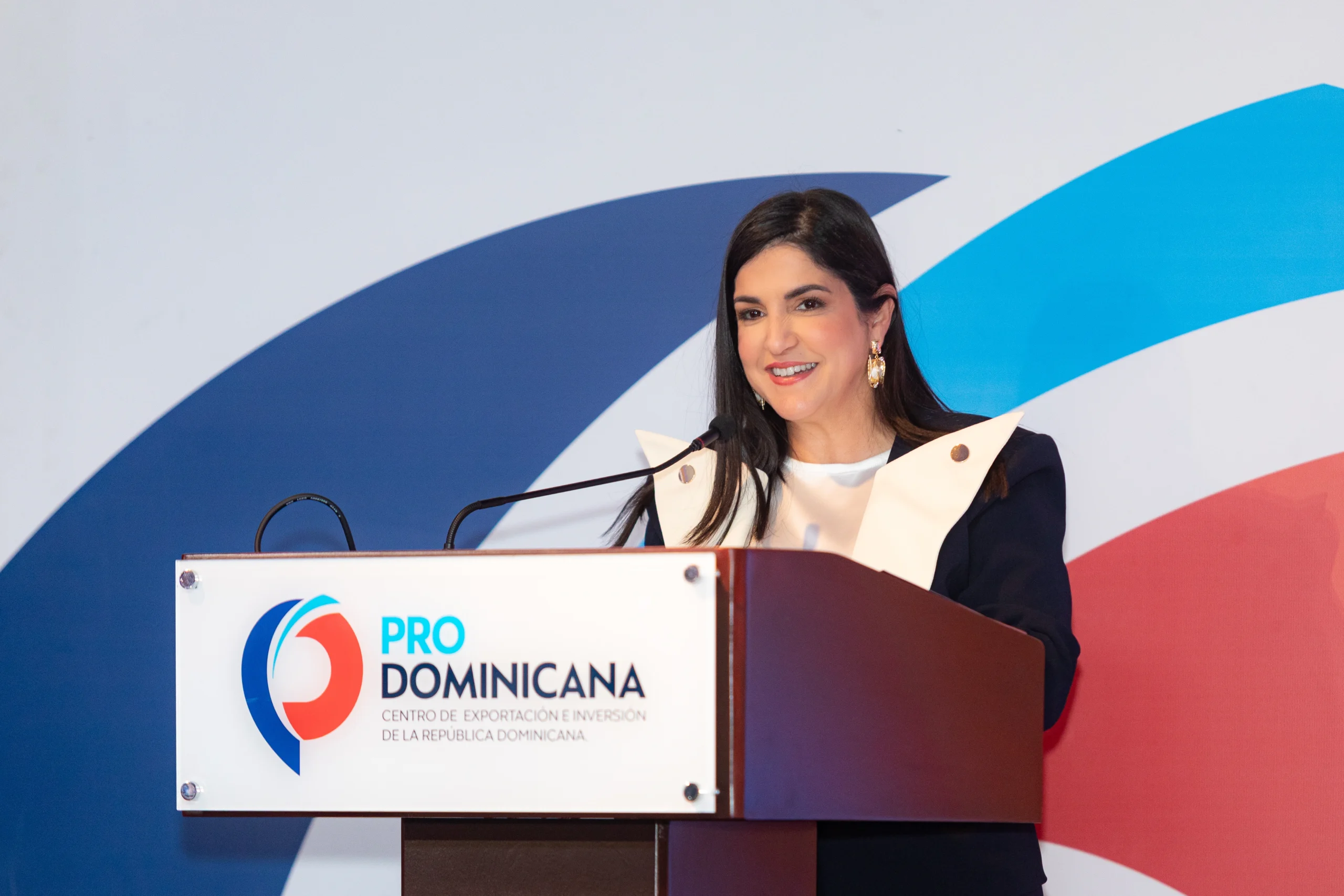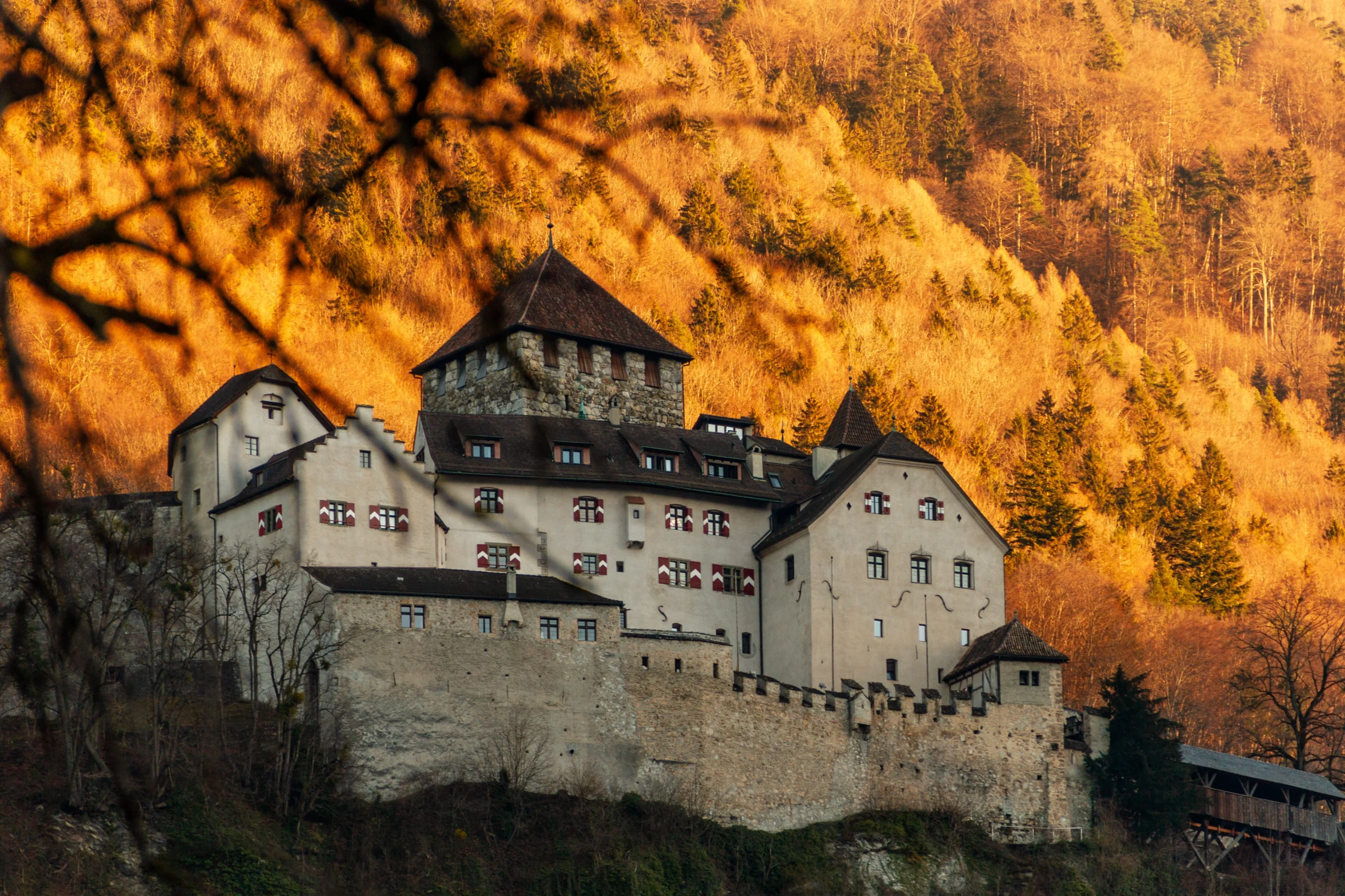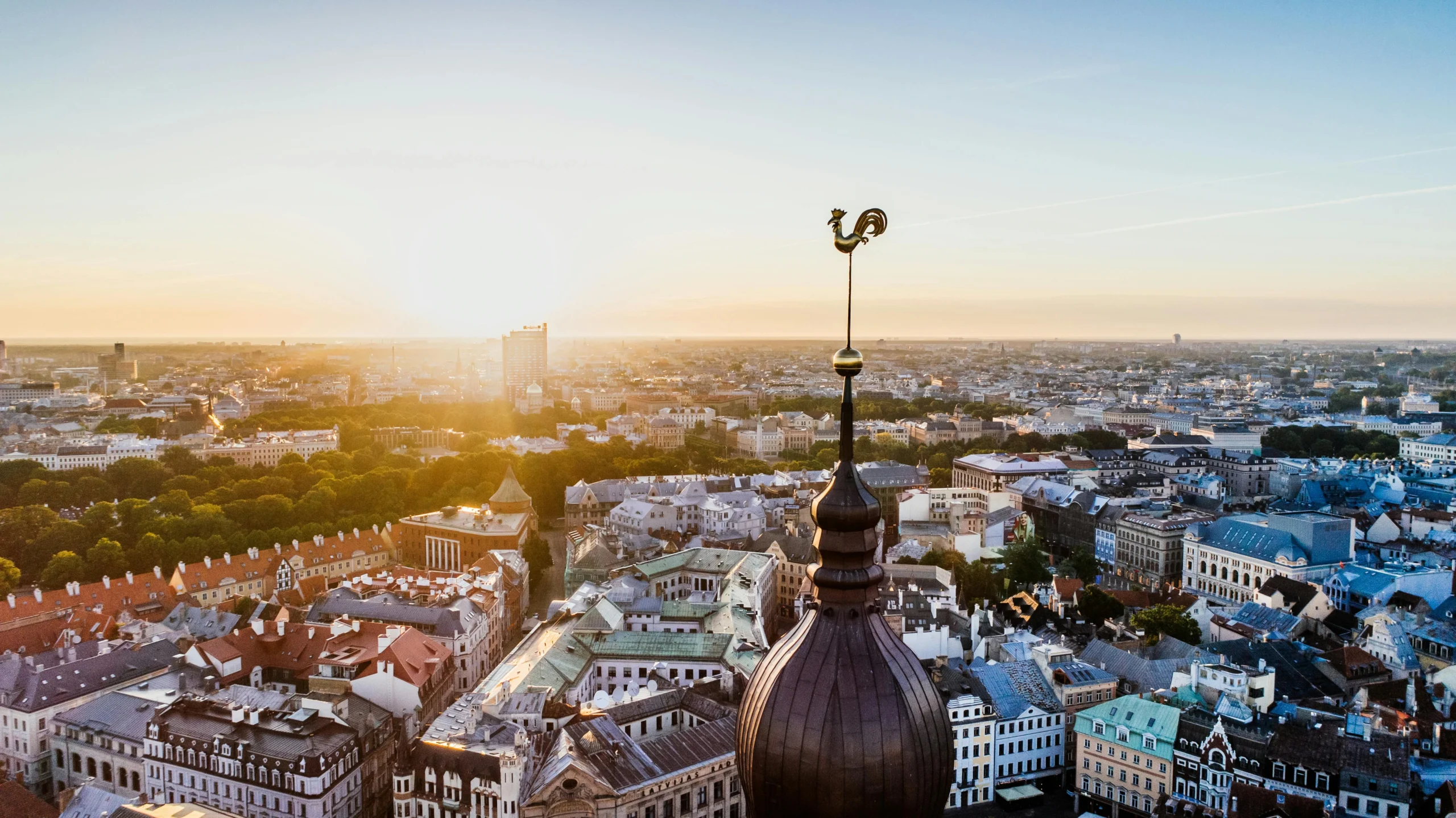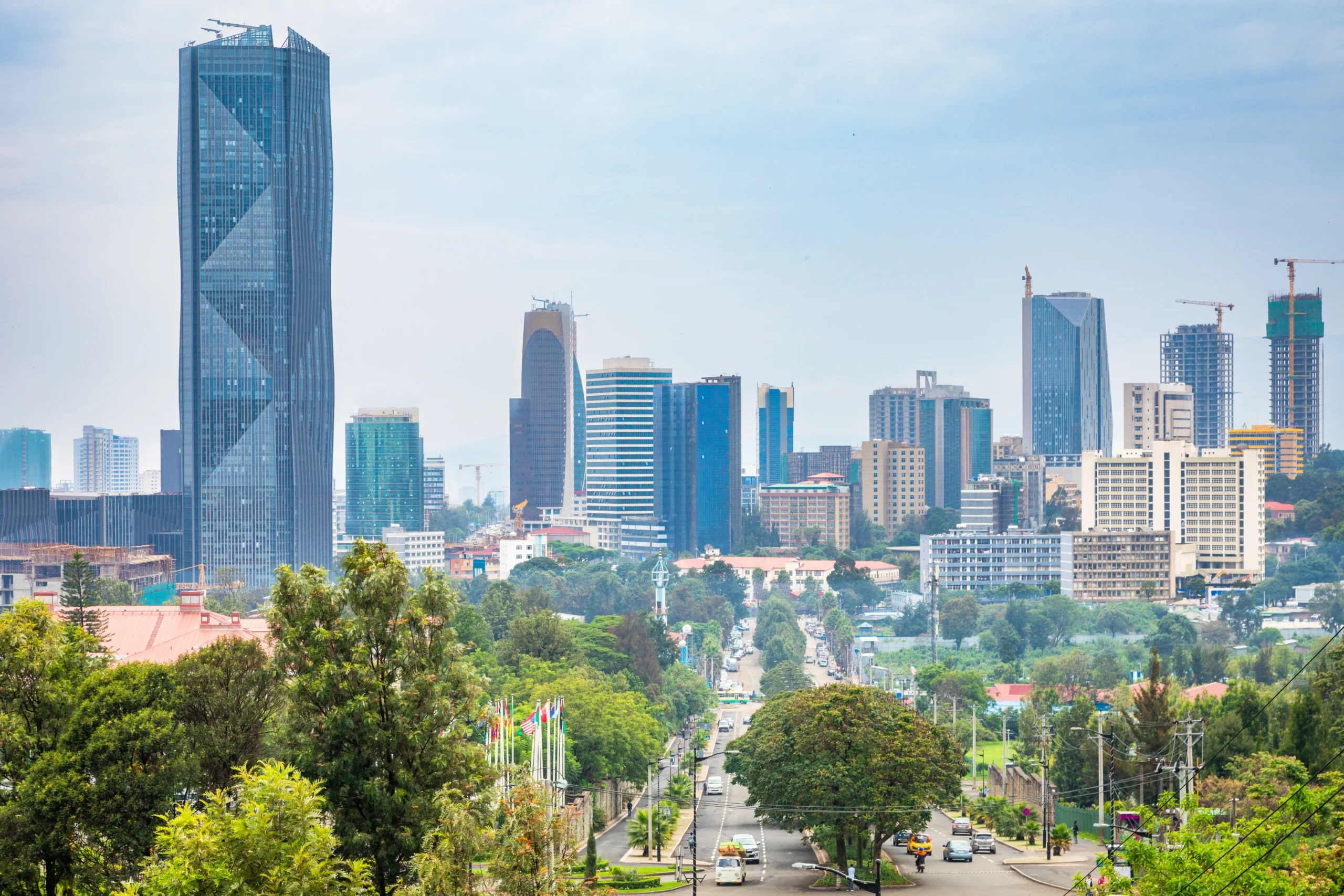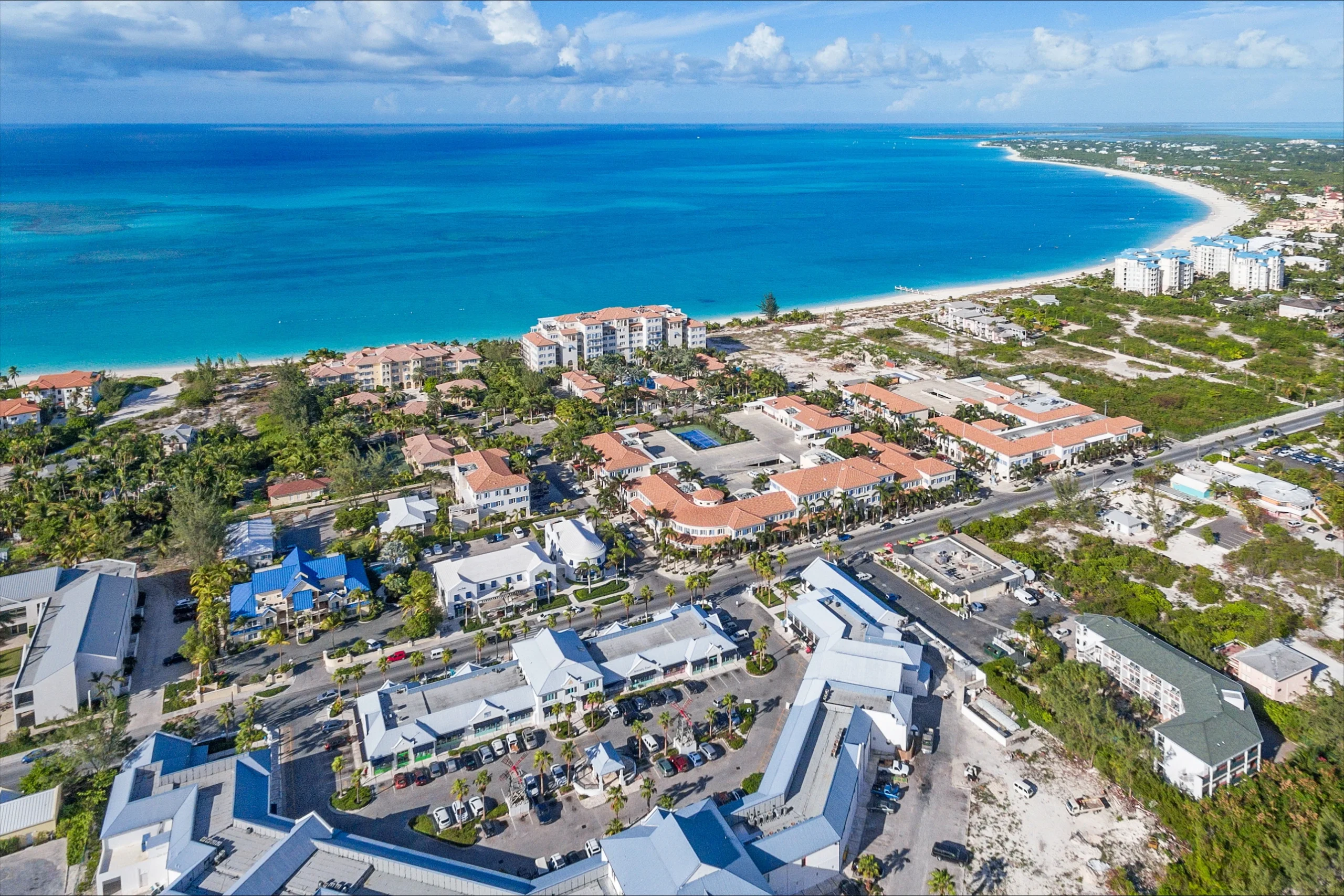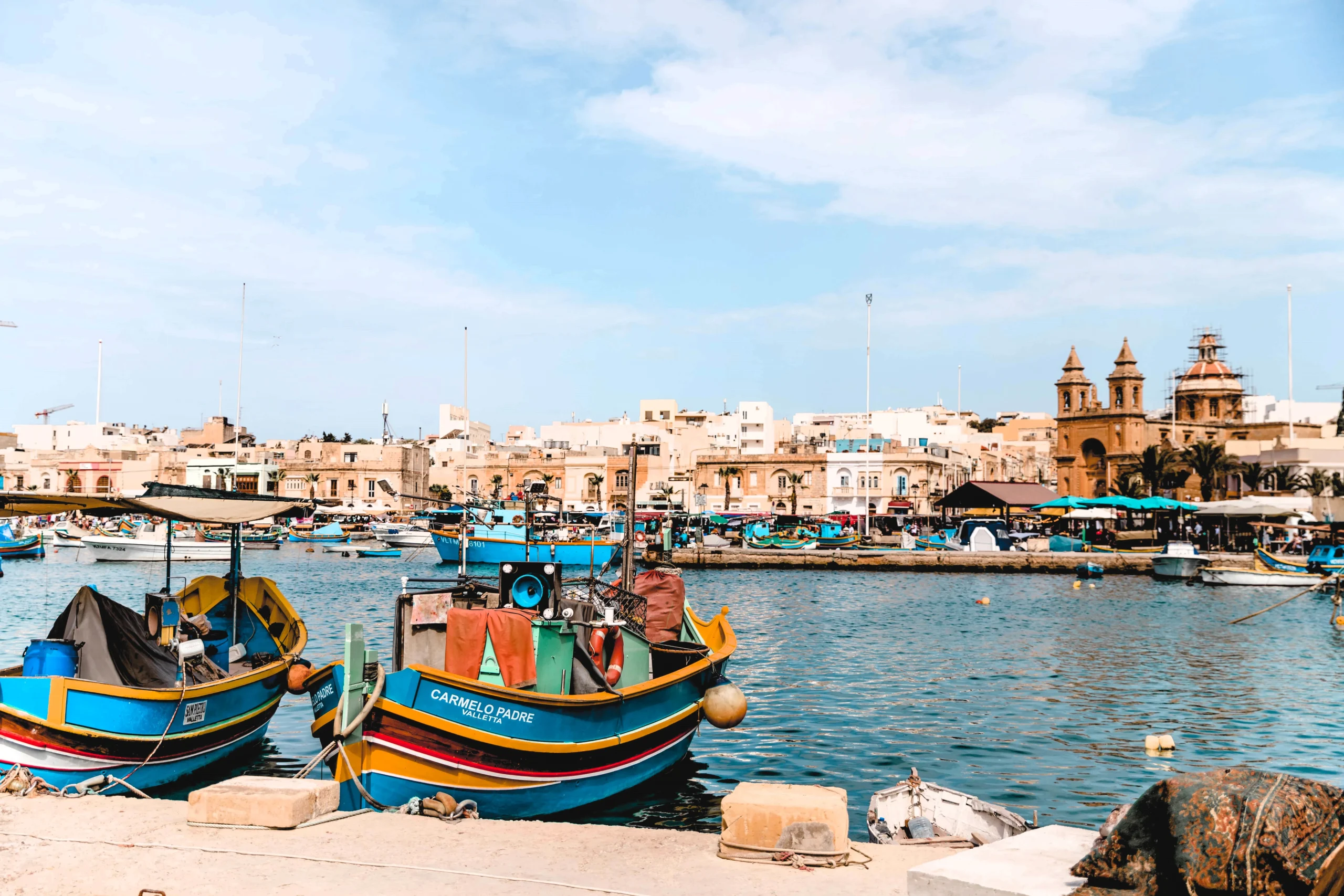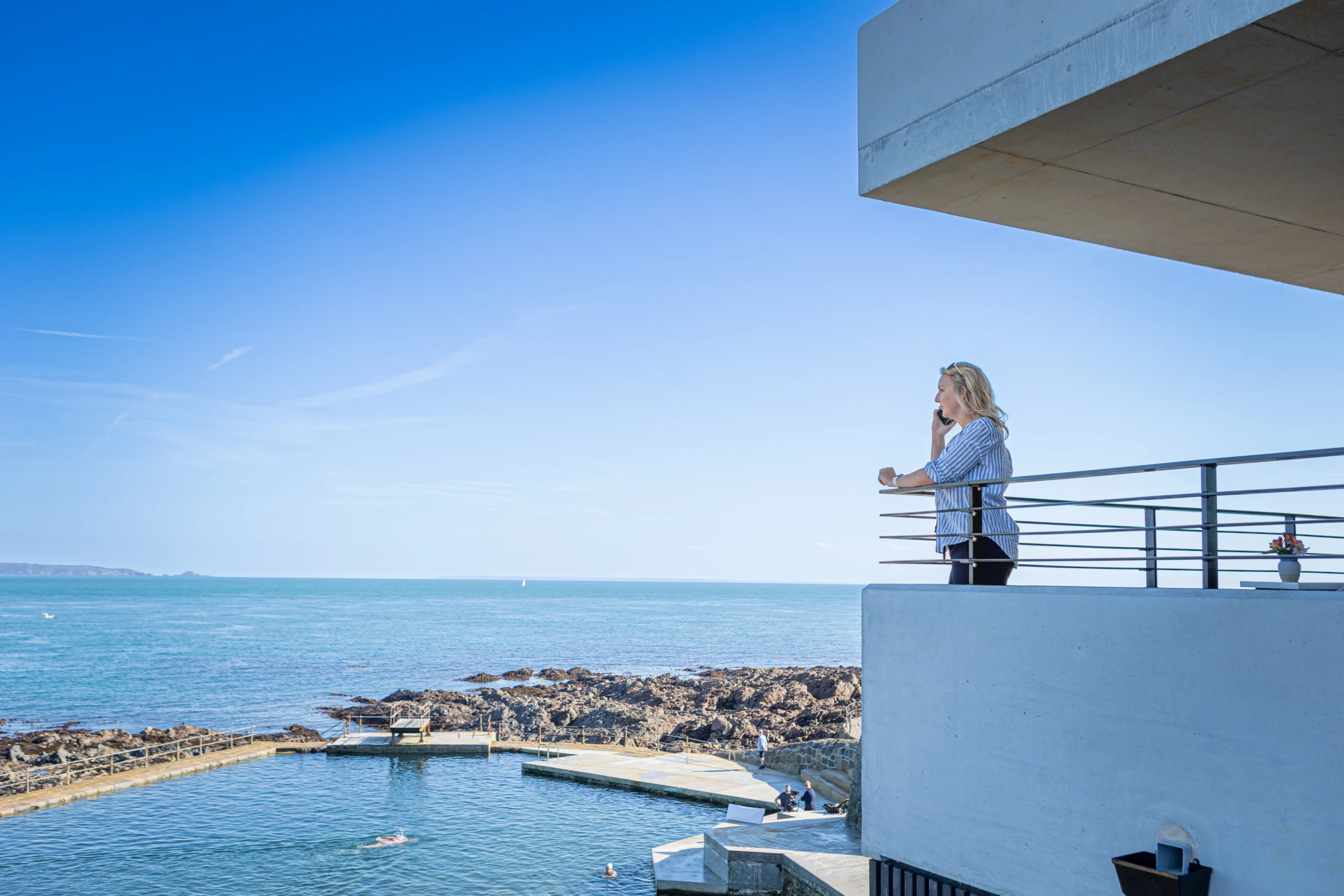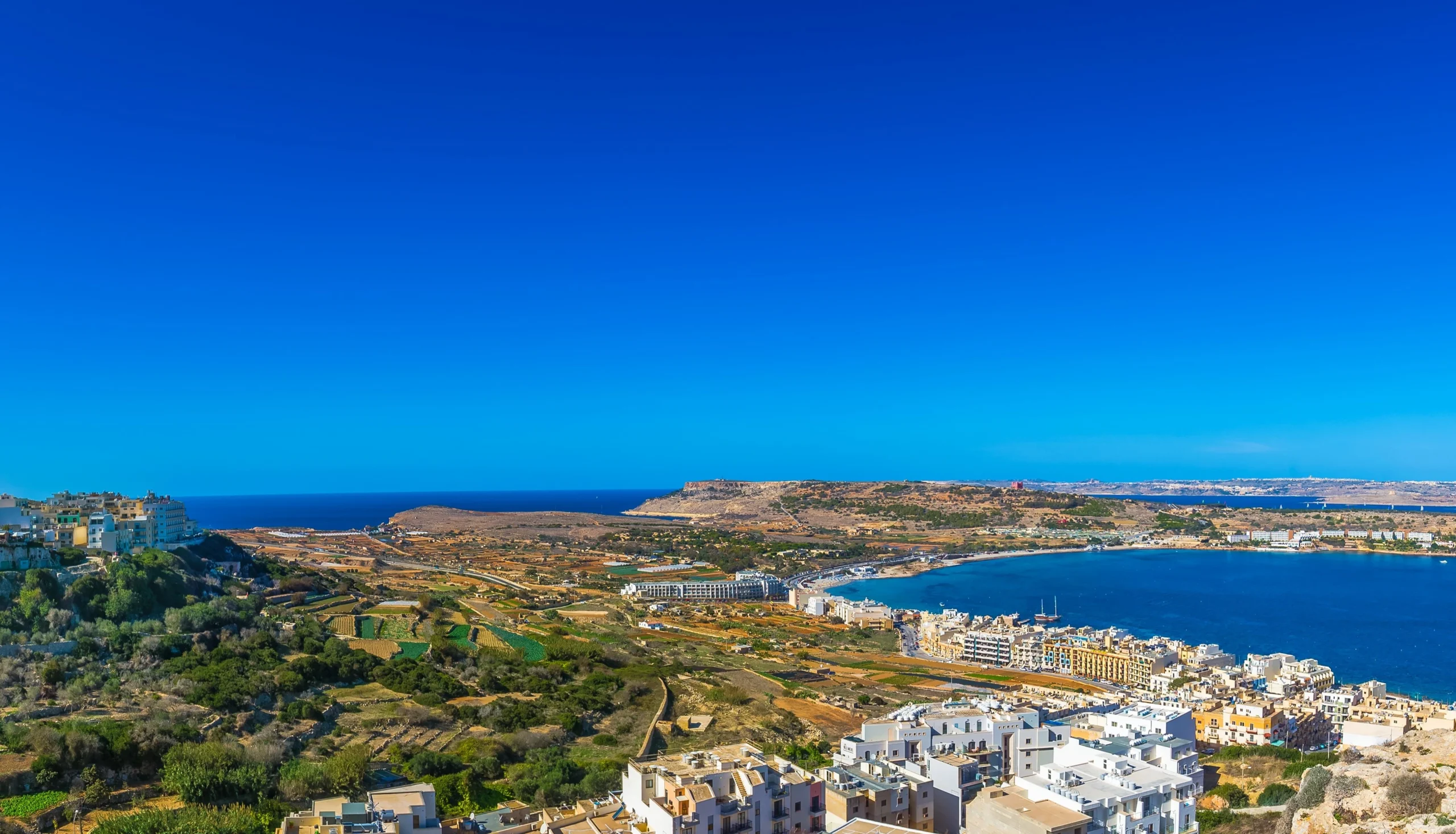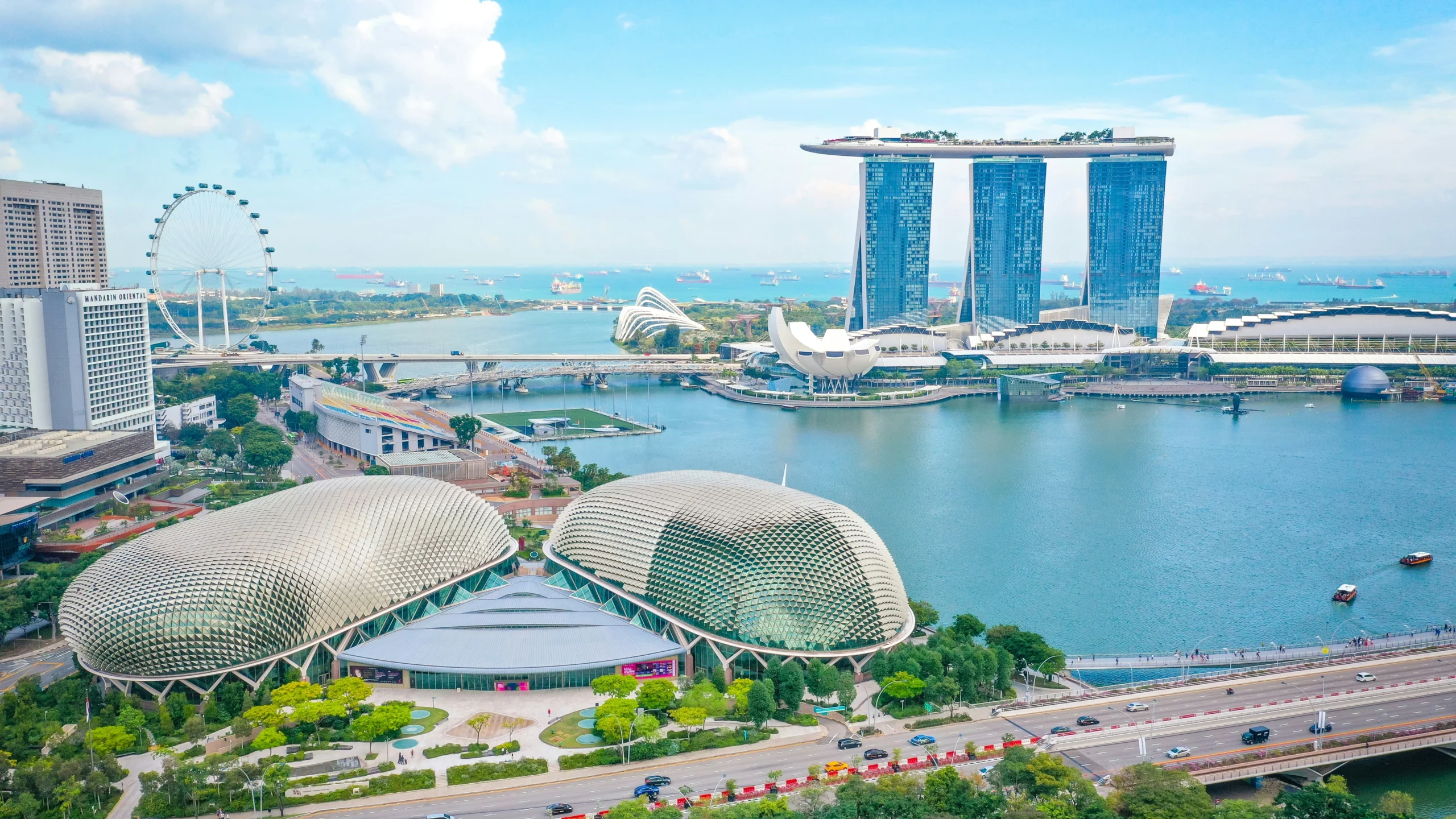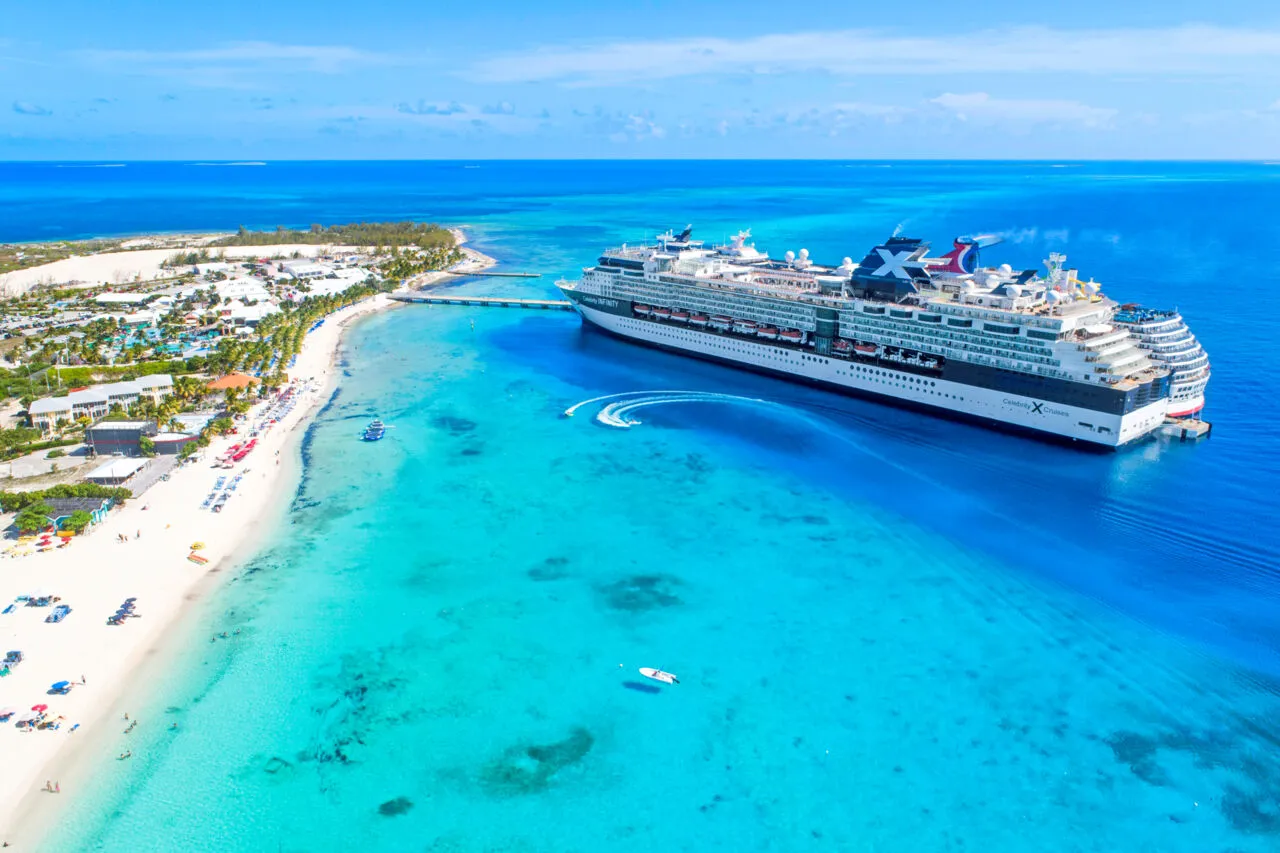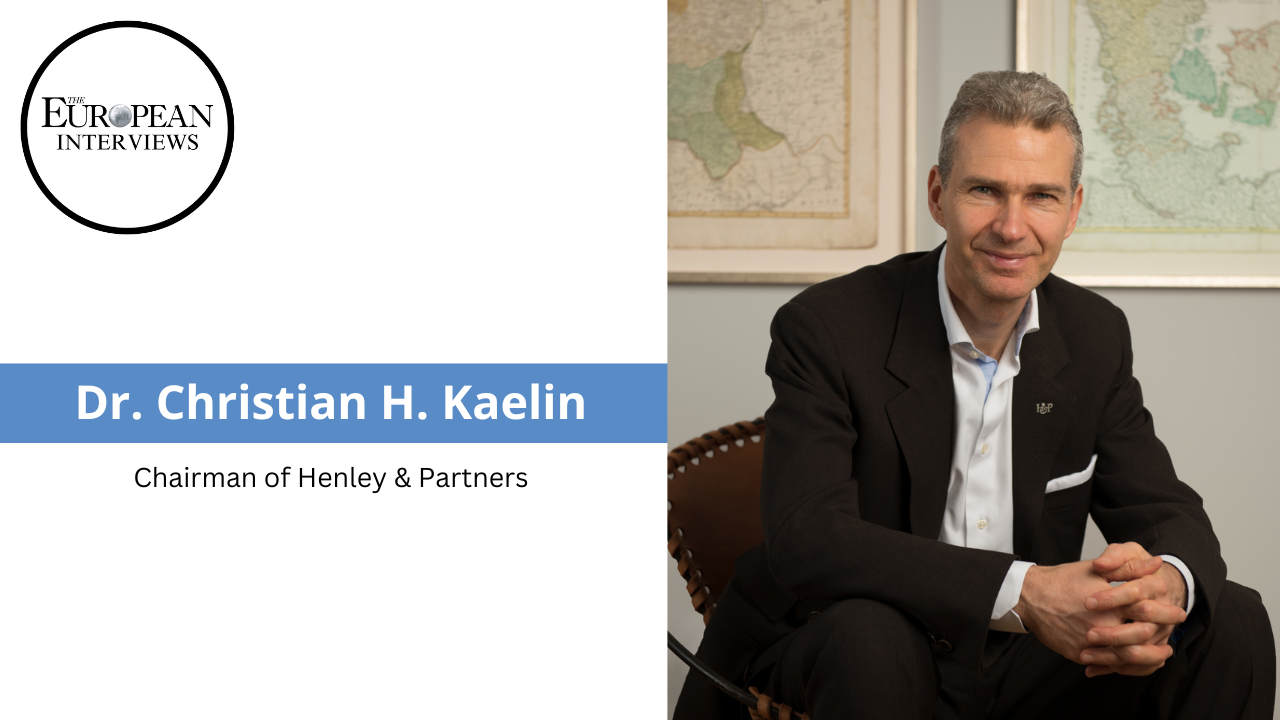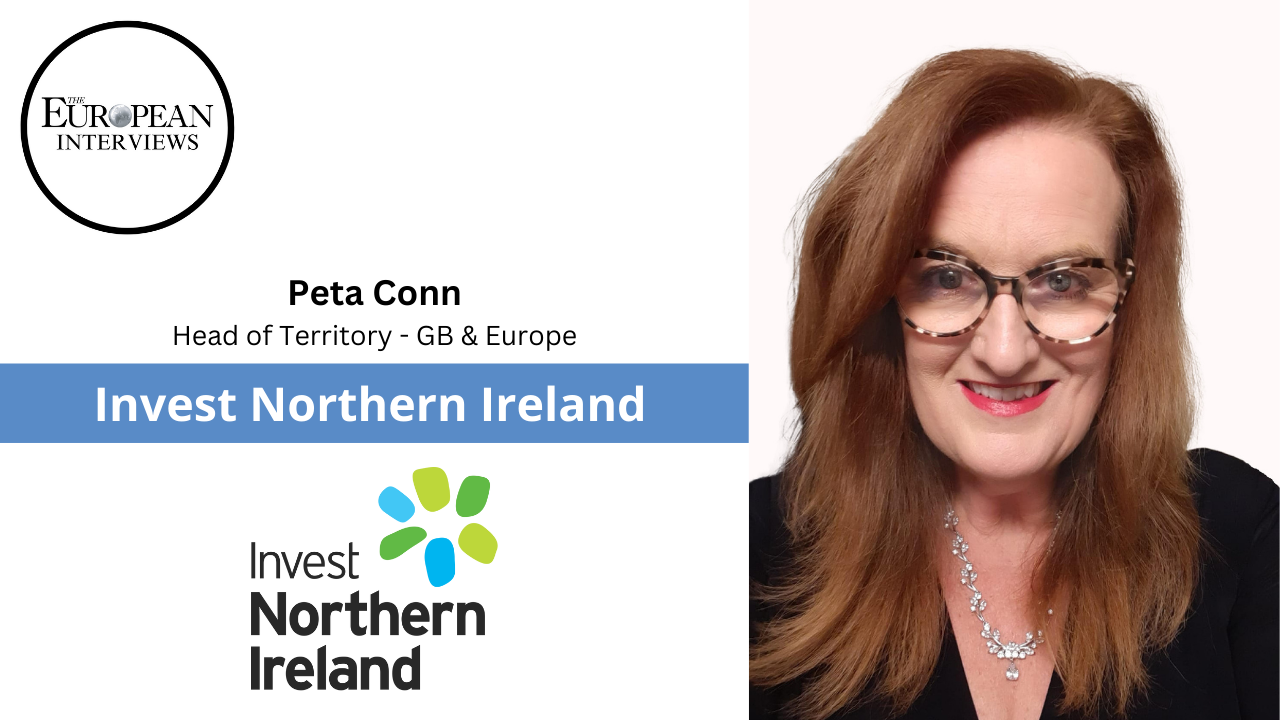Where businesses grow better

John E. Kaye
- Published
- Foreign Direct Investment, Home
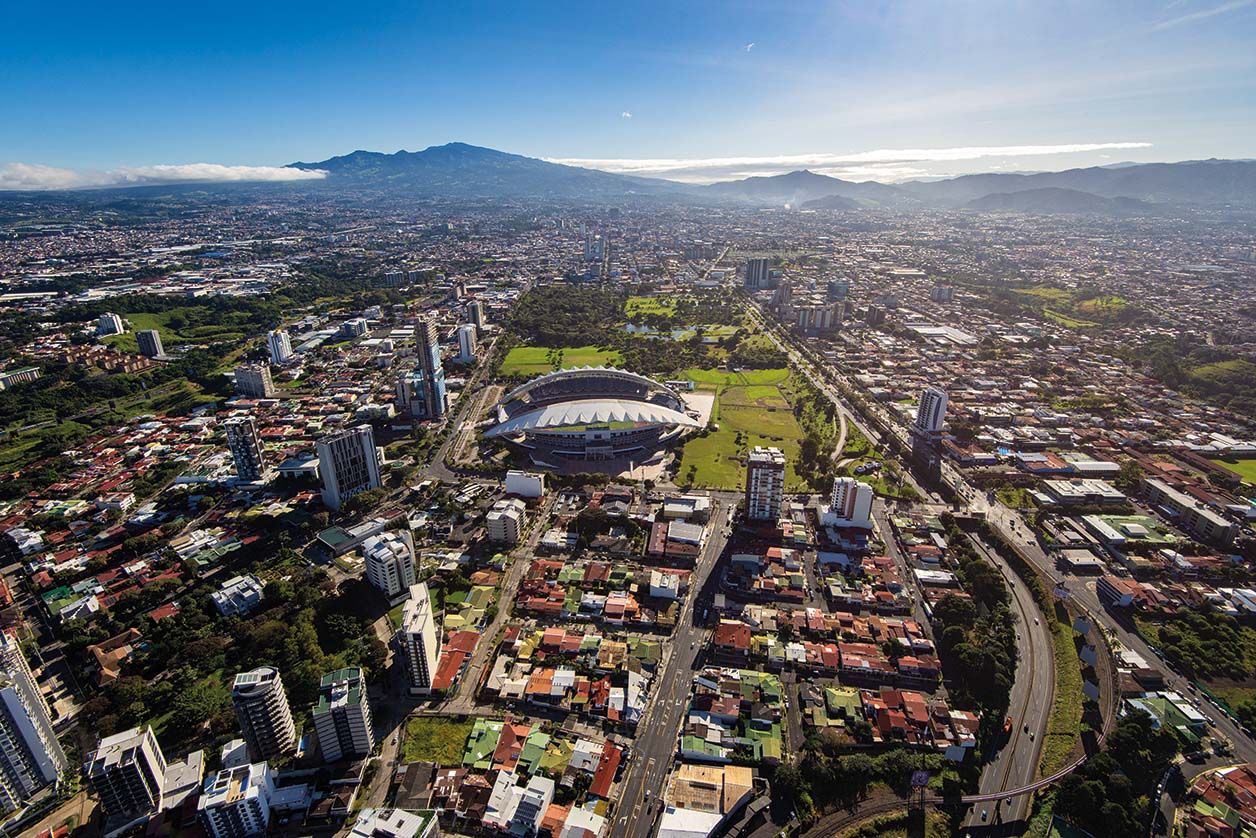
Costa Rica is not only first choice in Latin America for multinationals, it is also recognised globally for fighting against climate change and social inequality
The Covid-19 pandemic took the world by surprise. In a matter of days, lives were turned upside down, both professionally and personally. Yet in Costa Rica, a nearshoring destination for more than 350 multinational companies, work continued, and results even took an upward curve. Thanks to its adaptable ecosystem and a swift response, the country was able to ensure business continuity and avoid disruption for the multinational companies it is home to. The collaboration between several private-public parties allowed the implementation of remote work across all multinational companies in record time. In fact, 98% of service companies were working 100% from home in a matter of days, a feat which entailed 70,000 people. Even operations related to life sciences or advanced manufacturing suffered no disruption at all.
The resilience shown by Costa Rica not only secured the continuity of business operations, but it also secured top spot in the 2021 Greenfield FDI Performance Index by the Financial Times. The recognition noted Costa Rica as the world’s best performing location relative to size when attracting foreign direct investment, attracting 11 times the amount of greenfield FDI that might be expected given the size of its economy. “While this represents a drop of 7.7% from 2019, it remains the country’s second-best year since records began in 2003 – a performance that stands out even more considering the challenging investment environment of last year, when greenfield FDI projects fell by about a third globally,” reads the FT article.
The continuity achieved was also reflected in Costa Rica’s exports, the least volatile of the Americas during 2020, according to UNCTAD’s 2021 Global Trade Update. The country received a score of 0.03, where zero is the least volatile. The rating was equal to that attained by the USA in the Americas, and only came behind Japan (0.02) and the EU-21 (0.01) on a global scale. Additionally, Costa Rica’s exports of goods grew 1.9% in 2020, reaching a historic record of $11.68m, $214m more than 2019. This figure exceeds the performance of Latin America and the Caribbean, where countries suffered a 13% decline in their exports during the same period. This adaptable ecosystem paired with the fact that Costa Rica is the #1 Latin American Country in “Workforce Skills” and “Quality Education” according to the World Economic Forum’s 2019 Global Competitiveness Report, has led to the continuous investment and reinvestment of the resources and business functions of multinational companies towards the country. Industry leaders such as Intel, Amazon, Zollner, Bourns, Boston Scientific, and Roche, can be found among a vast array of strategic investment sectors such as life sciences, smart manufacturing, wellbeing, corporate and business processes, creative industries, digital technologies, and tourism infrastructure.
Sustainable productivity
As an example, in October 2020, Bayer announced a $200m investment in Costa Rica to build a new pharmaceutical plant to produce long-acting reversible contraceptives. The result will be a state-of-the-art pharmaceutical facility, which is expected to begin production in 2024 and will work in coordination with other plants from Bayer located around the globe. This investment falls perfectly in line with Bayer’s sustainability commitments, who had set the goal of providing 100 million women in low- and middle-income countries access to modern contraceptives by 2030, as part of its contribution to the United Nations’ Sustainable Development Goals.

Bayer also serves as an example of a collection of companies that Costa Rica has been able to attract; companies committed to ESG standards and sustainable development, given Costa Rica’s mindset of sustainable productivity, where growth must happen in the best way possible, instead of at all costs. This group of companies includes names such as AstraZeneca, GlaxoSmithKline, Intel, Microsoft, McKinsey & Company, Procter and Gamble, and Edwards LifeSciences, which have set ambitious sustainability goals set for 2030. For example, Microsoft aims at being water-positive and carbon negative, as well as being zero waste. AstraZeneca also aims at carbon negativity, and GSK has the goal of being net-zero, all by 2030. Part of this sustainable productivity is also manifested in Costa Rica’s commitment to sustainability and the safekeeping of nature; the country recently received the 2021 Earthshot Prize in the “Protect & Restore Nature” category, from the Duke of Cambridge, for saving its once devastated forests. Today, it is the only country in the world to reverse deforestation: an astounding 59% of its territory is covered by forests (World Bank, 2021). Additionally, 26% of Costa Rica’s land is protected under schemes such as national parks and conservation projects, as well as nature reserves. Finally, 99% of the country’s power comes from renewable resources such as air, wind, and water. This is a main driver for the establishment of 25 RE100 companies – companies that belong to the global corporate renewable energy committed to 100% renewable electricity.
Taking all of this into account, it becomes easy to understand why Costa Rica was named the UN’s “Champion of The Earth” in 2019. It was the first country to receive this distinction, highlighting Costa Rica’s role in protecting nature and its commitment to ambitious policies to combat climate change, especially as manifested in its 2050 National Decarbonisation Plan, in line with the Paris Climate Agreement and the UN’s Sustainable Development Goals. Altogether, Costa Rica continues to be Latin America’s most sought-after nearshoring destination, given its interconnected, collaborative, and resilient ecosystem. An ecosystem where a wide range of different entities, capabilities, and most important, world-leading talent, come into play to make sure multinational companies can grow, thrive, and innovate under a mindset of sustainable productivity. An ecosystem where companies can grow better, instead of growing at all costs.
For further information:
www.cinde.org
RECENT ARTICLES
-
 Zanzibar’s tourism boom ‘exposes new investment opportunities beyond hotels’
Zanzibar’s tourism boom ‘exposes new investment opportunities beyond hotels’ -
 Residence and citizenship planning is reshaping global wealth strategies
Residence and citizenship planning is reshaping global wealth strategies -
 Building sovereign bridges by attracting global investors
Building sovereign bridges by attracting global investors -
 Bahrain cuts property investment threshold for golden residency
Bahrain cuts property investment threshold for golden residency -
 Where mobility meets opportunity: Malta’s strategic advantage for global investors and innovators
Where mobility meets opportunity: Malta’s strategic advantage for global investors and innovators -
 UK government sets up Women in Tech taskforce amid gender imbalance concerns
UK government sets up Women in Tech taskforce amid gender imbalance concerns -
 Malta introduces Nomad Heritage Card for remote professionals
Malta introduces Nomad Heritage Card for remote professionals -
 How free global cities could reshape the future of migration
How free global cities could reshape the future of migration -
 Dominican Republic positions itself as Caribbean hub for sustainable trade and investment
Dominican Republic positions itself as Caribbean hub for sustainable trade and investment -
 Biviana Riveiro Disla speaks to The European about the Dominican Republic’s role as a hub for trade and investment
Biviana Riveiro Disla speaks to The European about the Dominican Republic’s role as a hub for trade and investment -
 Liechtenstein tops global index for foundations
Liechtenstein tops global index for foundations -
 Keeping the door open: wealthy UK citizens investing their way back into the EU
Keeping the door open: wealthy UK citizens investing their way back into the EU -
 Ethiopia emerges as a sustainable investment leader on the African stage
Ethiopia emerges as a sustainable investment leader on the African stage -
 France’s FDI renaissance marks a Nouvelle Ère for Europe
France’s FDI renaissance marks a Nouvelle Ère for Europe -
 The Turks and Caicos Islands: A new era for financial services and innovation
The Turks and Caicos Islands: A new era for financial services and innovation -
 Jersey in focus – an interview with Chief Minister Deputy Lyndon Farnham
Jersey in focus – an interview with Chief Minister Deputy Lyndon Farnham -
 Malta – a popular base for digital nomads
Malta – a popular base for digital nomads -
 Move to Guernsey: The Channel’s island gem
Move to Guernsey: The Channel’s island gem -
 Malta’s residency-by-investment programme: a clear path to permanent residency
Malta’s residency-by-investment programme: a clear path to permanent residency -
 The banking shift that Europe’s businesses can’t afford to ignore
The banking shift that Europe’s businesses can’t afford to ignore -
 High-net-worth Europeans turn to investment migration amid security fears
High-net-worth Europeans turn to investment migration amid security fears -
 Beyond the beaches: a spotlight on the Turks and Caicos Islands
Beyond the beaches: a spotlight on the Turks and Caicos Islands -
 Video Interview with Dr. Christian H. Kaelin of Henley & Partners
Video Interview with Dr. Christian H. Kaelin of Henley & Partners -
 Ireland’s resilience and future in Foreign Direct Investment
Ireland’s resilience and future in Foreign Direct Investment -
 Video Interview with Peta Conn of Invest Northern Ireland
Video Interview with Peta Conn of Invest Northern Ireland




